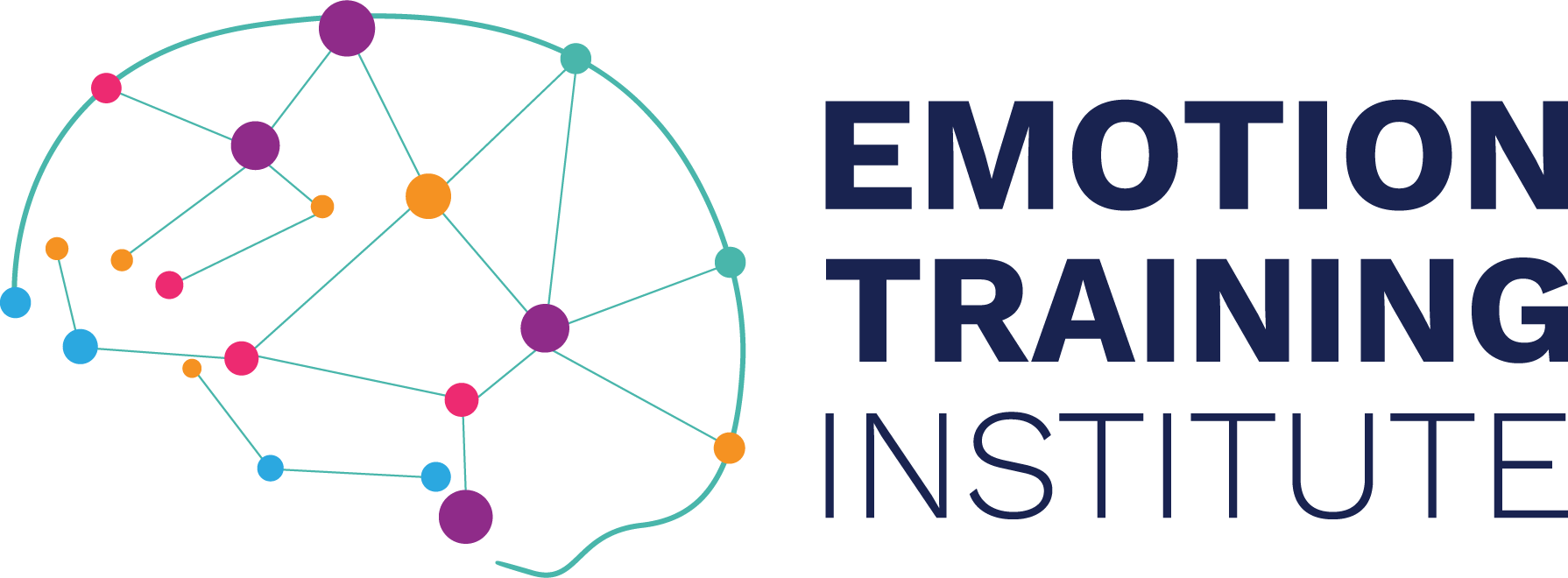Authors: Ansar, N., Nissen Lie, H. A., Zahl-Olsen, R., Bertelsen, T. B., Elliott, R., & Stiegler, J. R. (2022).
Publication: Journal of Clinical Child & Adolescent Psychology, 51(6), 923–939.
Objective
Emotion-Focused Skills Training (EFST) is a 12-week parental program based on Emotion-Focused Therapy, developed to improve children and adolescents’ mental health problems.
Methods
In a randomized clinical dismantling study, including parents of 236 children and adolescents (ages 6–13, Mage 8.9, 60.6% boys, 95.8% Caucasian) with externalizing and/or internalizing problems within clinical range, we examined the efficacy of two versions of EFST: one experiential condition (n = 120) involving emotionally evocative techniques and two-chair interventions, and one psychoeducational only condition (n = 116) involving didactic teaching of emotion skills. Both groups received a 2-day group training and 6 hours of individual supervision. Outcomes were parent- and teacher-reported symptoms at baseline, posttreatment, and 4-, 8-, and 12-month follow-up. Analyses were conducted using multilevel growth curve modeling and Bayesian post hoc analysis.
Results
EFST showed efficacy in reducing parent-reported externalizing (b = −1.72, p < .001, d = 1.0) and internalizing (b = −1.71, p < .001, d = 0.9) symptoms, and teacher-reported externalizing (b = −.96, p < .001, d = 0.4), but not internalizing (b = −.13, p > .05, d = 0.2) symptoms. Multilevel analyses showed nonsignificant differences between conditions (all p’s > .05), although a Bayesian longitudinal sensitivity analysis indicated a better outcome for the experiential condition.
Conclusion
EFST showed efficacy in symptom reduction for children and adolescents with internalizing and externalizing symptoms. Outcomes were maintained over 12 months for both conditions, supporting EFST as a transdiagnostic parental approach for early intervention.
